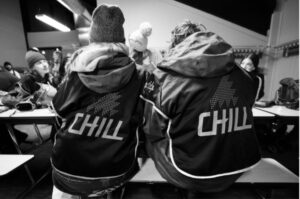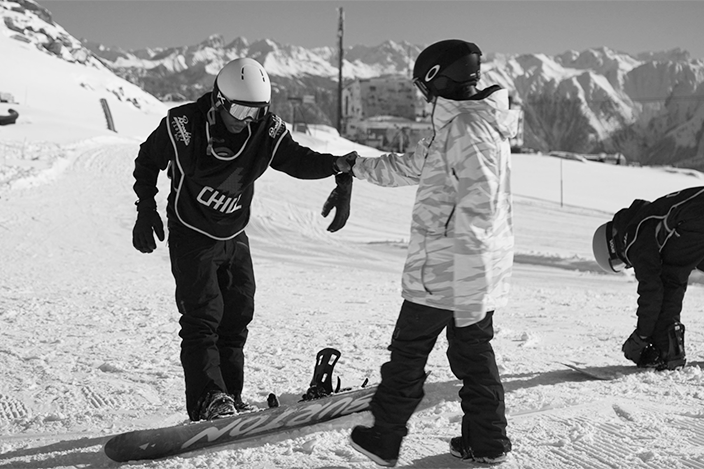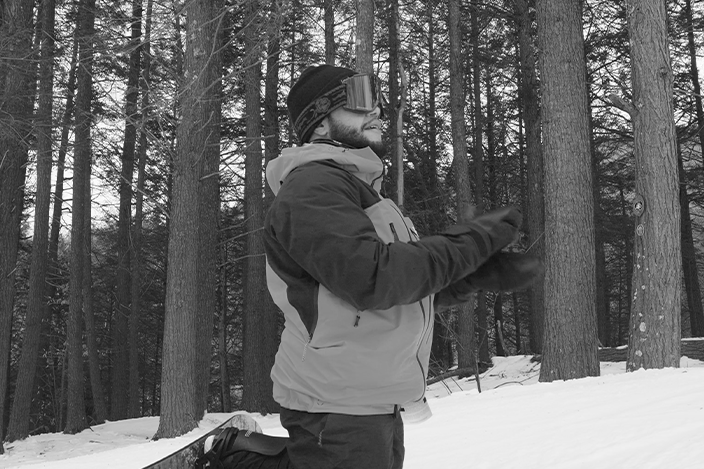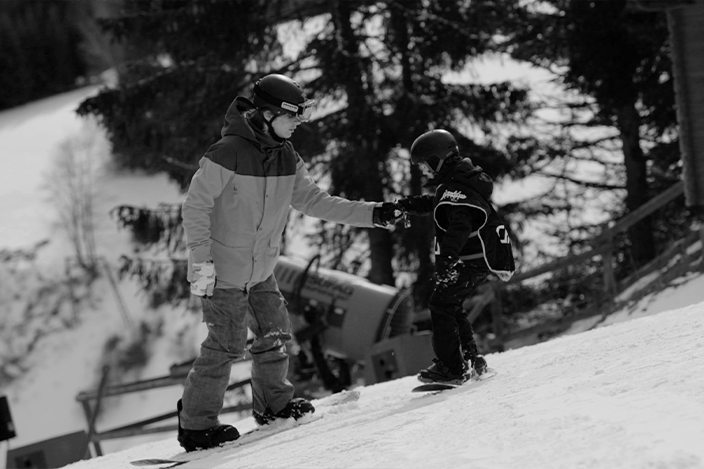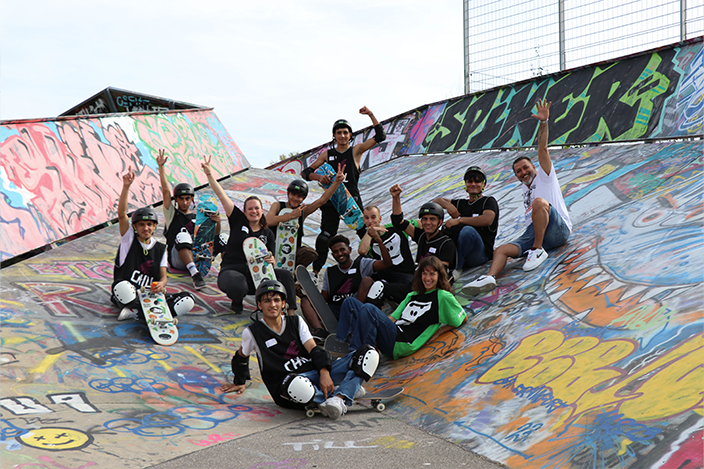Content Warning: The following post discusses mental health crisis, including suicide, which may be triggering for some people. If you are in the United States and are having thoughts of suicide, call the National Suicide Prevention Lifeline at 1-800-273-8255 (TALK). You can find a list of additional resources at SpeakingOfSuicide.com/resources. If you are in Canada and are having thoughts of suicide, call the Canada Suicide Prevention Service at 1-833-456-4566. You can find a list of additional resources at OpenCounseling.com/hotlines.
The Facts:
-
1 in 5 teenagers face a mental health challenge or disorder that significantly impacts their lives. Some challenges are mild and last for a short period. Others can last a lifetime.
-
Half of all serious adult psychiatric disorders start by age 14 and treatment often doesn’t begin until at least 6 years after onset.
-
Suicide is the second leading cause of death among young adults in both the United States and Canada.
-
Early research indicates that COVID-19 is affecting the mental health of children and adolescents and that depression and anxiety are prevalent.
But there is hope.
Research shows that early intervention works and can help to increase quality of life for youth who may be experiencing a mental health challenge. Adolescence is already a time of significant physical, mental, social and emotional change and so it’s critical that as adults, we learn how to understand the difference between typical adolescent development and what may require our intervention.
Youth Mental Health First Aid (YMHFA) is an evidence-based, public education program that teaches adults how to help youth who are experiencing a mental health or addictions challenge, or who is in crisis. Last Thursday, more than half of Chill staff became certified Youth Mental Health First Aiders, attending a virtual training with instructors from Vermont Afterschool. Our team did 2 hours of self-led pre-work, then learned together over the course of 5 hours how to approach and help a youth who may be experiencing a challenge or is in crisis. We were taught how to apply the 5-step ALGEE action plan (Assess for risk of suicide or harm, Listen nonjudgmentally, Give reassurance and information, Encourage appropriate professional help, Encourage self-help and other support strategies) and role-played different scenarios with youth. We learned the exact language to use when asking a youth about suicide and practiced it.
CPR/First-Aid doesn’t teach folks how to perform surgeries and YMHFA does not now qualify us to diagnose and treat mental illness and substance use disorders. But just like CPR/First Aid, YMHFA taught us how to connect youth to help they may need. Also like CPR, we will need to continue to practice the skills learned, reciting over and over the ALGEE action steps. (One way we learned to remember this mnemonic: forming our arms into each ALGEE letter. Think YMCA. Sounds silly but can work.)
Join us and the millions of other Mental Health First Aiders in seeking to make a difference in the lives of youth with a mental health challenge. We owe it them.
Mental health training covers sensitive and often difficult topics which can be triggering for some people. Click here to find a course in Youth Mental Health First Aid.
